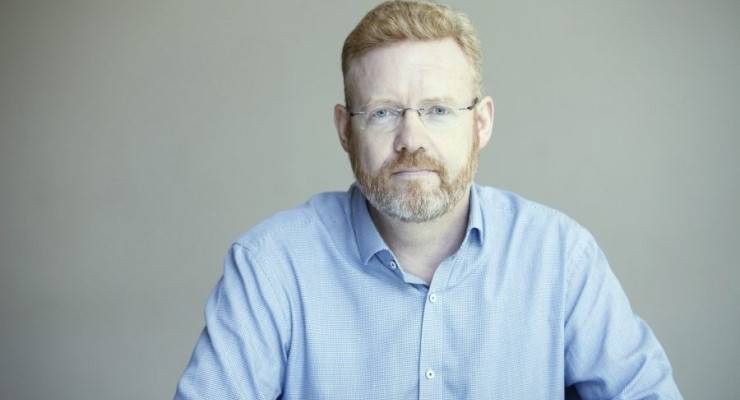
What does it take to release a review at the ABC? The Oz’s Media Diary did a bit of eyebrow raising yesterday about the fact the ABC isn’t releasing its review into the impartiality of its 2019 election coverage. Fronting a Senate committee on electoral matters, and under questioning from LNP Senator James McGrath — whose government’s ongoing commitment to radical transparency at all times means so much to us all — ABC editorial director Craig McMurtrie was apparently maddeningly vague.
One of his deflections was the fact that the ABC had released 21 reviews since 2007. So what does qualify for public interest, if not the question of the public broadcaster’s impartiality during an election? Here’s a few of our faves:
- Did the ABC interview Al Gore too many times when he was promoting his film in 2017?
- Is Q&A any good?
- Does the ABC use too much blue language?
- Is there sufficient diversity of news stories — as in, is the ABC doing enough stories about crime and local issues, not “is the ABC accurately reflecting the cultural diversity of Australia?”)
Most craven is the 2018 audit of ABC analysis, one of a series of capitulations Aunty made to conservative media and politicians over a single piece of factually sound analysis from Emma Alberici. The report goes through a handful of analysis pieces to assess whether their writers had been too hard on banks or the Catholic Church.
So if responding to jibes from the rest of the media is in the public interest, why not an assessment of how they did on a national election?
Cambassador Scott Cam’s careers ambassador role netted him a $347,000 a year salary for what turned out to be a handful of social media posts. (He eventually forfeited most of it.)
A tipster pointed out that last night’s episode of The Block (filmed at the end of March) — apart from providing us with the immortal line “When I walked into your bathrooms, what I saw was the triumph of the human spirit over adversity” — featured Cam hinting at his relationship with government.
Gathering the contestants, and saying there was still confusion over what counted as essential services, he concludes: “I spoke directly to the federal minister and the state ministry and they have said to me they’d like us to …” — cue a 15-second pause during which we cut to shots of every single person on the show — “… continue.”
At least Cam’s relationship with the federal government benefited someone.
Down AEC (yeah, you know me) Clive Palmer’s potentially election-swinging spending in Queensland has been given a boost. The Electoral Commission of Queensland (ECQ) found that his company Mineralogy was a “a third party” not an “associated entity” and thus able to spend millions more than it otherwise would.
Last week we noted how the Australian National Audit Office’s review of the Australian Electoral Commission’s political donation process recommended that the commission make stronger use of its enforcement powers — and the AEC’s rejection of that:
The AEC’s view, supported by data, is that the AEC has successfully achieved disclosure through consultation and education.
The ECQ response to the Palmer situation was also very much of the “whattyagonnado” variety:
Mineralogy registered as a third party. Should the ECQ receive information to indicate that Mineralogy should be treated as an associated entity, the ECQ will consider what action, if any, is necessary at that point in time.
The ECQ evidently shares the views of its Commonwealth counterpart that it’s not really up to it to regulate, just to “consult and educate”.








Maybe McGrath and his alt-right ilk should try watching The Drum, Q&A, Insiders and 7:30 – and wonder how they’d like to be treated like Labor or Greens politicians by their “course directors/hosts”?
I wonder how the “consult & educate” ethos would work were it non right wing groups being so egregiously naughty?